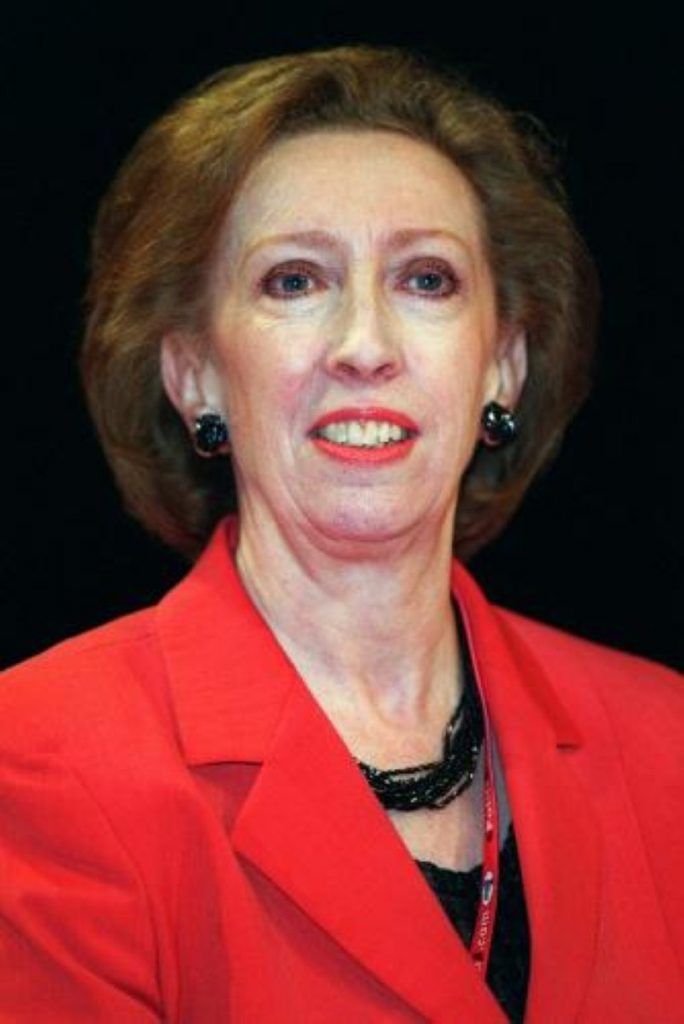Ex-Liberian president could be held in British jail
The government has agreed to allow former Liberian president Charles Taylor to serve his sentence in a British jail if he is found guilty of crimes against humanity.
The Netherlands have offered to hold Mr Taylor’s trial, but only on condition that, if found guilty, another country was prepared to host him during his sentence.
He is currently being held in a jail in Freetown, Sierra Leone, on charges of war crimes allegedly committed in that country during the 1991 – 2002 civil war, but there are concerns about the impact his continuing presence is having on stability in the region.
Today foreign secretary Margaret Beckett announced the government had agreed to a request from the UN that Mr Taylor serve any sentence in the UK, insisting ministers were “determined to do what is necessary to defend international justice”.


Her announcement in a written statement to MPs comes after Sierra Leone president Ahmad Tejan Kabbah said it would be “very helpful” if Britain agreed to this request.
“My decision was driven by two compelling arguments. Firstly, that Taylor’s presence in Sierra Leone remains a threat to peace in that region. Secondly, that we are demonstrating through concrete action the UK’s commitment to international justice,” Ms Beckett said.
“If we want to live in a just world, we must take responsibility for creating and fostering it.
“In taking this decision we are demonstrating clearly two of our foreign policy priorities – to ensure that those accused of serious crimes of international concern face justice, and to prevent and resolve conflict through a strong international system.”
However, in a nod to the recent row over foreign prisoners being allowed to stay in the UK after their release, she stressed Mr Taylor would “leave or face removal” after serving his sentence.
She also said that if he was acquitted at the international court at Hague, there would be no obligation on the UK to allow him to come into the country as a free man.
Mr Taylor, a US-educated former teacher, launched a rebellion against Liberia’s then president, Samuel Doe, in 1989, which continued until 1996 when he took power. About 250,000 people are thought to have died in the conflict.
A year later, he consolidated his hold by winning the presidential election, but his opponents soon resurfaced and in 2003 he was forced to flee to Nigeria.
He was captured in March and charged with 11 counts of war crimes for backing Sierra Leone’s Revolutionary United Front rebels during the country’s brutal ten-year civil war.
“[This] sends a strong signal of our willingness to combat impunity by assisting in bringing those who bear the greatest responsibility for war crimes, crimes against humanity and genocide to justice,” Ms Beckett added.
“Former President Taylor’s handover to the special court in Freetown was an historic day for the people of Sierra Leone and West Africa.
“The international community must not fail them by asking them to run the risk associated with his continued presence in Freetown. It is for that reason that we have decided to take this step.”












